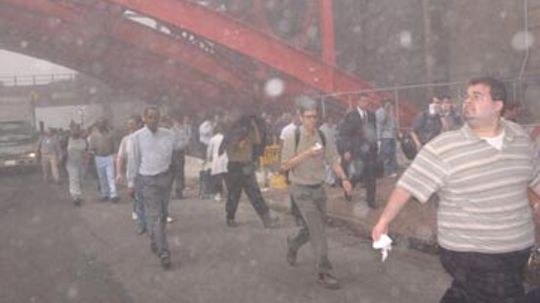Picture this: you’re sitting in a courtroom, surrounded by legal jargon and an air of seriousness. The judge bangs their gavel, and suddenly your memory starts playing tricks on you. You can vividly recall every excruciating detail of that one embarrassing moment from high school, but struggle to remember what you had for breakfast yesterday. Why is it that we seem to remember bad times better than good?
The Curious Case of Selective Memory
It turns out our brains have a knack for prioritizing negative experiences over positive ones – blame it on our evolutionary wiring! Back in the day when humans were roaming the wild, remembering dangerous situations was crucial for survival. If our ancestors didn’t learn from their mistakes or recall threats accurately, they might not have made it past snack time for some hungry predators.
This selective memory phenomenon has been studied extensively by psychologists and neuroscientists alike. They’ve discovered that negative events trigger stronger emotional responses compared to positive ones. Our brain’s amygdala (the little almond-shaped structure responsible for processing emotions) lights up like fireworks during unpleasant experiences, etching them deep into our memories.
The Legal Twist: When Bad Memories Take Center Stage
In the realm of law, this tendency to remember bad times better than good can be both a blessing and a curse. On one hand, it helps us recall important details during witness testimonies or while presenting evidence in courtrooms – after all, nobody wants to forget crucial information when justice is at stake!
On the other hand, this quirk in human memory can also lead to biased recollections and unreliable eyewitness accounts – yikes! Imagine relying solely on someone’s memory to determine the outcome of a legal case. It’s like playing a game of “telephone” where details get distorted and twisted with each retelling.
Legal professionals are well aware of this memory bias, which is why they employ various strategies to ensure accurate recollections in courtrooms. From cross-examinations that challenge witnesses’ memories to introducing physical evidence that supports or contradicts their claims, lawyers have become masters at navigating the labyrinthine nature of human memory.
In Conclusion: The Quirks and Charms of Our Memory Maze
So, dear reader, next time you find yourself reminiscing about those cringe-worthy moments or dwelling on past misfortunes rather than relishing your triumphs – remember that it’s all part of being human! Our brains are wired to prioritize negative experiences for survival purposes, even if it means occasionally overshadowing the good times.
And when it comes to matters within the legal realm, understanding how our memories work becomes even more crucial. By acknowledging our biases and employing effective techniques in gathering evidence and presenting testimonies, we can strive towards a fairer justice system where truth prevails over faulty recollections.


